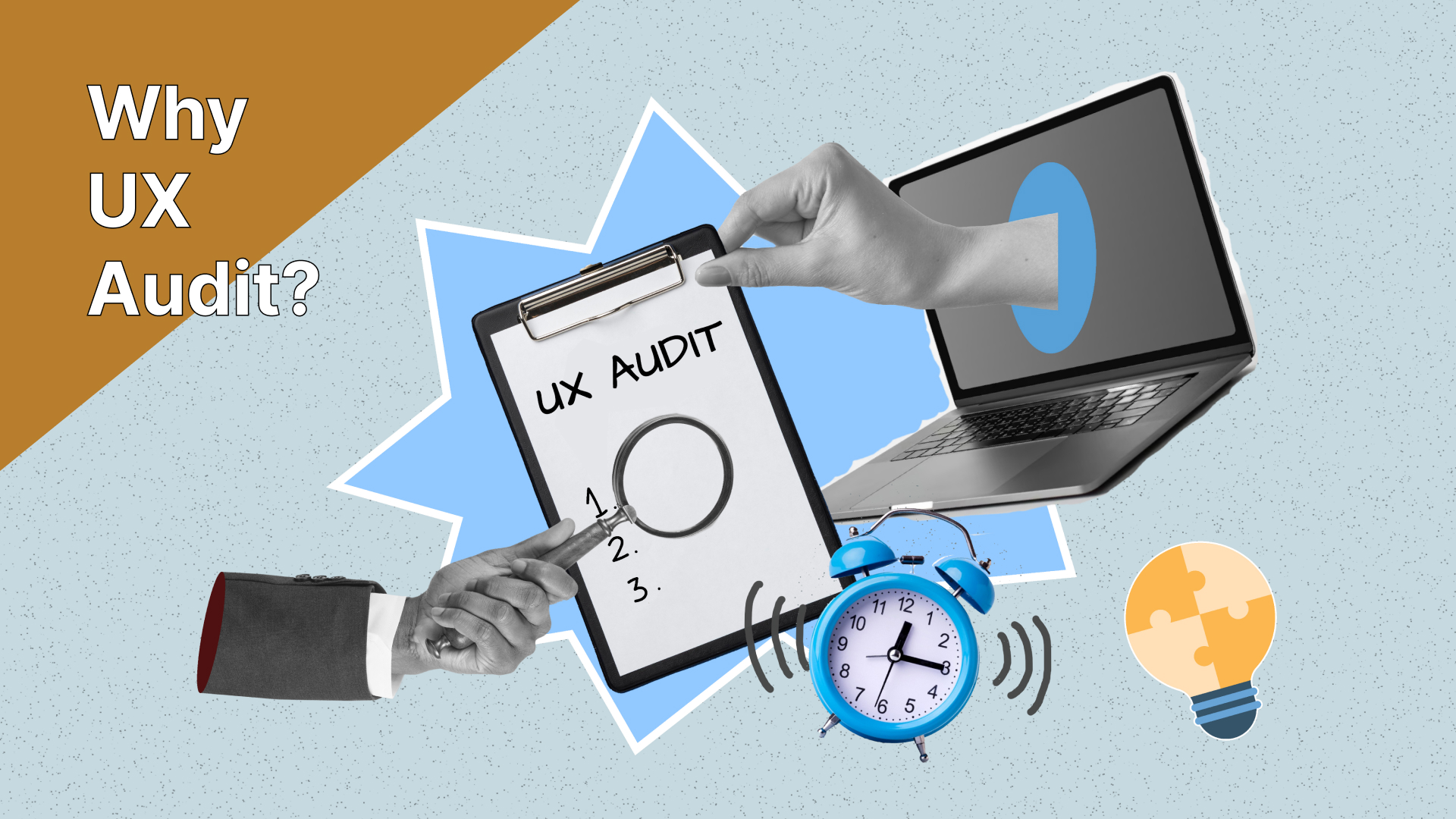In today’s highly competitive business environment, companies of all sizes face the challenge of managing complex operations, growing customer demands, and increasing market pressure. The rapid pace of technological advancement has made the business landscape more interconnected than ever, requiring efficient management systems to stay competitive. This is where ERP comes into play.
ERP solutions help streamline business processes by integrating various functions into a single unified system. Whether it’s finance, human resources, procurement, sales, inventory, or customer relations, ERP systems consolidate these areas, offering real-time insights and automating repetitive tasks. Here’s a look at why these systems have become essential for modern businesses.
Benefits of using ERP
Centralized Data and Information
One of the primary reasons businesses implement ERP is to create a single source of truth. These systems integrate data from various departments into one centralized database, eliminating data silos. This ensures that all employees have access to the most up-to-date and accurate information.
For example, without ERP, the finance department may rely on outdated sales data, causing discrepancies in financial reports. With ERP, everyone—from sales teams to executives—can rely on real-time data, improving decision-making.
Improved Efficiency and Productivity
Manual processes are not only time-consuming but also prone to human error. ERP systems help automate tasks such as invoicing, payroll, order processing, inventory management, and more. By automating these routine tasks, businesses can:
- Reduce operational costs by minimizing manual labour.
- Enhance productivity by freeing up employees’ time for more value-added tasks.
- Improve accuracy through automation, reducing the risk of costly mistakes.
For example, an ERP can automate the generation of financial reports, saving time and effort for the accounting team while ensuring accuracy.
Better Decision-Making with Real-Time Analytics
ERP systems provide businesses with real-time insights into their operations. Built-in analytics and reporting tools help executives monitor performance across departments and make data-driven decisions.
In a highly competitive marketplace, having access to real-time data means that businesses can respond quickly to changing market conditions or customer demands. These systems offer customizable dashboards, reports, and forecasting tools that provide clarity and foresight.
For example, a business can track inventory levels in real-time, avoiding stockouts or overstock situations, while simultaneously managing procurement timelines more efficiently.
Enhanced Customer Experience with ERP
An often-overlooked benefit of ERP is its ability to enhance customer satisfaction. These systems integrate customer data, enabling businesses to deliver more personalized services and respond to inquiries or complaints promptly.
For instance, when a customer service team has instant access to real-time inventory data, they can provide accurate information on product availability or delivery status. ERP systems can also improve order fulfilment processes, ensuring that customers receive their products on time.
Regulatory Compliance and Risk Management
Maintaining compliance with industry regulations is a critical concern for businesses, especially in sectors such as finance, healthcare, and manufacturing. These systems are designed to help companies comply with legal and regulatory requirements by keeping detailed records and generating necessary reports.
Many ERP solutions come with built-in compliance tools to ensure that financial reporting, tax obligations, and industry-specific regulations are adhered to. By automating compliance processes, businesses can reduce the risk of fines or legal issues while staying up-to-date with changing regulations.
Scalability for Future Growth
As businesses grow, so do their operational complexities. A significant advantage of ERP systems is their scalability. Whether a company is expanding into new markets, launching new products, or increasing its workforce, ERP solutions can grow alongside the business.
With cloud-based ERP systems, businesses can add new users, departments, or even global offices without overhauling the entire system. This scalability allows businesses to focus on growth without worrying about outgrowing their technology infrastructure.
Cost Savings with ERP
While implementing an ERP system can be a significant investment, it pays off in the long run by reducing operational costs and improving efficiency. By automating manual processes, businesses can lower administrative costs, reduce inventory carrying costs, and optimize the use of resources.
Additionally, the increased efficiency that ERP provides helps businesses save money by reducing errors and avoiding costly delays. The return on investment (ROI) of these systems typically becomes evident in reduced overhead costs, streamlined processes, and better financial management.
Conclusion
In today’s fast-paced business environment, having an ERP system is not just a competitive advantage—it’s a necessity. By integrating various functions into a single system, businesses can streamline operations, reduce inefficiencies, and make better data-driven decisions. Whether it’s improving productivity, enhancing customer satisfaction, or ensuring compliance, ERP systems provide businesses with the tools they need to thrive and grow in a digital-first world.
ERP is no longer just for large enterprises; small and medium-sized businesses can also benefit from the agility and scalability that these systems offer. Investing in this system is an investment in the future of your business, positioning it for success in an ever-changing market.
Begin your journey by scoping your ERP requirements as Product Scoping Can Make or Break Your Financial Service Launch!







